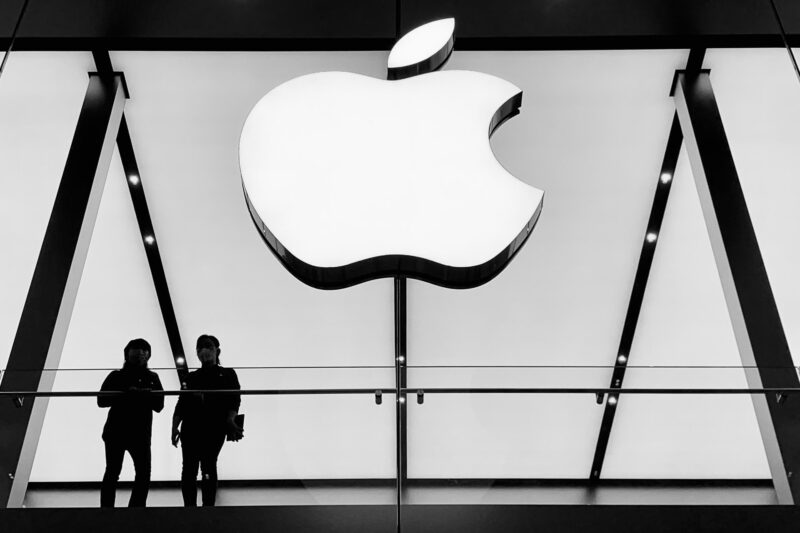Earlier this year, the United Kingdom Competition and Markets Authority (CMA) launched a probe to investigate Apple and Google’s stronghold on operating systems, app stores, and web browsers. Now, the authority is reporting its findings that suggest the two companies have a duopoly in the market.
In its interim report, the antitrust watchdog opines that Apple and Google have a “vice-like grip” over how people in the UK use their mobile phones, causing millions of them to “lose out.”
It says it is “concerned this is leading to less competition and meaningful choice for customers. People also appear to be missing out on the full benefit of innovative new products and services – such as so-called ‘web apps’ and new ways to play games through cloud services on iOS devices.”
The authority also expresses concern that people could be paying higher prices for iPhones, app subscriptions, and in-app purchases (IAPs) than they would in a more competitive market. Andrea Coscelli, Chief Executive of the CMA, says:
“Apple and Google have developed a vice-like grip over how we use mobile phones, and we’re concerned that it’s causing millions of people across the UK to lose out. Most people know that Apple and Google are the main players when it comes to choosing a phone. But it can be easy to forget that they set all the rules, too – from determining which apps are available on their app stores to making it difficult for us to switch to alternative browsers on our phones. This control can limit innovation and choice and lead to higher prices – none of which is good news for users,”
The CMA has provisionally found Apple and Google capable of leveraging their market duopoly to create self-contained ecosystems, making it “extremely difficult for any other firm to enter and compete meaningfully with a new system.”
Possible Recourse
To address the findings and associated concerns, the report has outlined the following remedial measures that could be taken:
- Make it easier for users to switch between iOS and Android when they change their phone, so they don’t lose functionality or data.
- Make it easier to install PWAs and apps from third-party sources besides the App Store and Play Store.
- Let all apps give users options for how they prefer to pay for IAPs, subscriptions, etc., instead of being tied to using Apple or Google’s proprietary billing systems.
- Let users easily choose alternatives to Google and Apple’s default browsers and set their choice as the new default.
While some of these suggestions are already halfway implemented on Android, Apple’s iOS has a long way to go. Some of these points have been the crux of contentious lawsuits as well. For instance, the third suggestion is one of the points around which the Apple vs. Epic Games lawsuit revolves.
Do you think the iPhone maker and the search giant are on their way from the frying pan into the proverbial fire? Is it likely that this report will set off lawsuits against the companies in the UK, alleging antitrust and anticompetitive behavior? Tell us in the comments below.
[Via GOV.UK]
